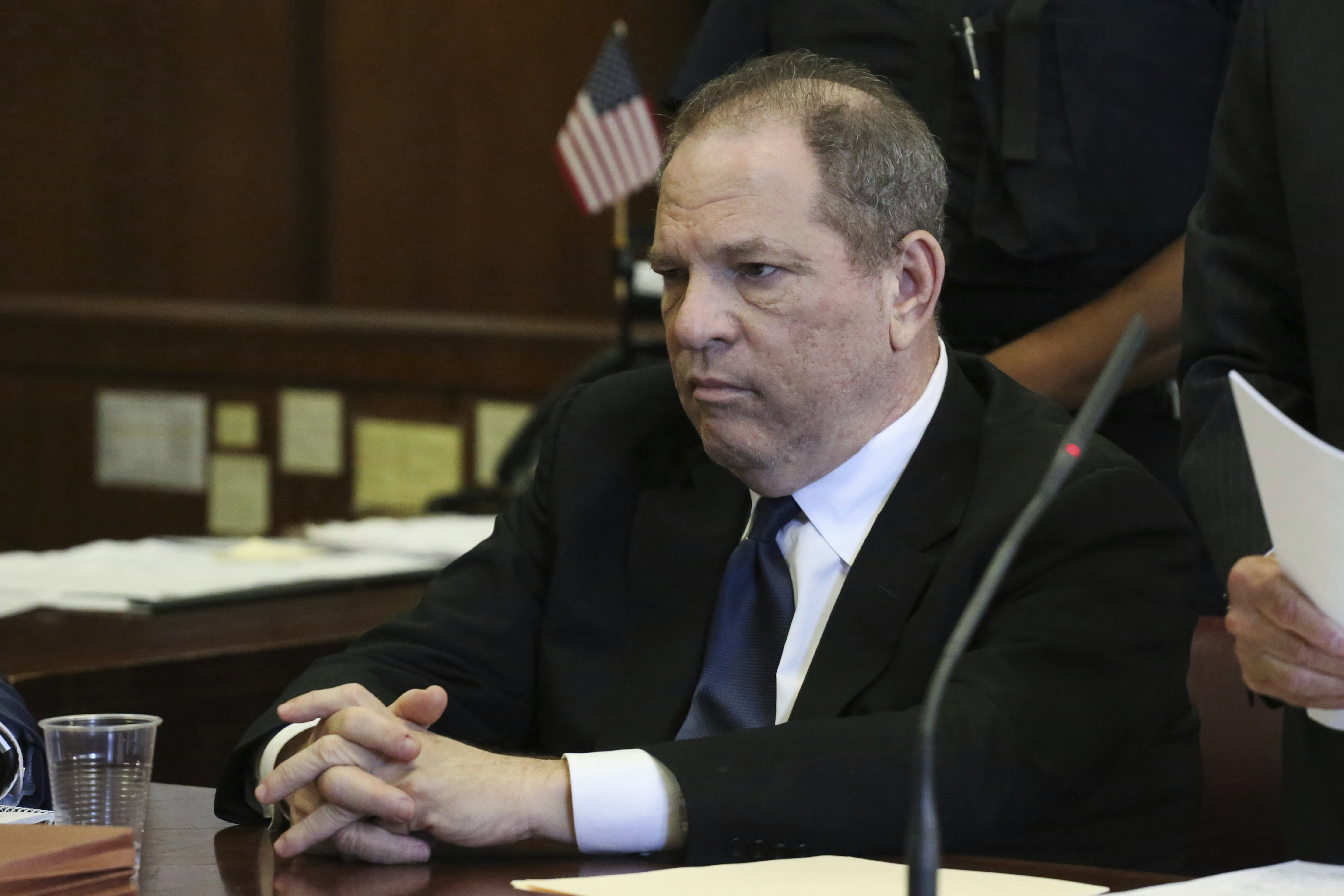Custody ruling draws sharp dissent
By: Laura Brown//November 10, 2023//
A child custody ruling was appealed without the appellants serving notice of appeal on the guardian ad litem who had been discharged after the district court proceeding. Finding that the guardian ad litem was no longer a party, the Minnesota Supreme Court held that the appellants were not obligated to notify the discharged guardian ad litem.
The holding in Blakey v. Alexander, decided Nov. 1, stemmed from a third-party custody proceeding. A child, K.J. was born in 2017 and had severe medical conditions and special needs. Concerned that those needs were not being met, paternal great aunt and uncle of the child filed an ex parte petition for temporary third-party custody. The district court granted them temporary sole physical and legal custody of K.J.
In April 2020, the paternal great aunt and uncle filed for permanent third-party custody of the child. The child’s father and his parents intervened in the motion. A guardian ad litem was appointed to represent K.J.’s interests. After a hearing, the court granted mother sole legal and physical custody of K.J.
The court discharged the Guardian ad Litem Program and the assigned guardian ad litem, finding that the duties and obligations were fulfilled. The paternal great uncle and aunt filed a pro se appeal of the dismissal of their custody petition; however, they did not serve the Guardian ad Litem Program with the notice of appeal until nearly eight months later.
The father and his parents moved to dismiss the appeal, arguing that the guardian ad litem should have been served with notice of appeal within the 60-day appeal period. In response, the appellants said the appeal should not be dismissed because the guardian ad litem was not an adverse party since she served in an advisory role.
The Minnesota Court of Appeals disagreed. It found that the guardian ad litem was a party because it was mandatory that she was appointed to the case and that the district court specifically made the guardian ad litem a party to the litigation. It dismissed the appeal because the guardian ad litem was not notified before the appeal period expired.
“The court concluded, at the guardian ad litem office’s own request, that the guardian’s work was done, that it was no longer necessary” asserted Bruce Jones, partner at Faegre Drinker, who represented appellants. “At that point, the guardian no longer existed and could not have participated in the appeal in any event.”
However, the father and his parents insisted that the guardian ad litem remained an adverse party despite the dismissal.
“Taken to its logical conclusion, appellants’ argument here is that, because of the discharge from the district court, the guardian ad litem, and therefore, the interest of the child, ceased to exist at the time that the district court discharged the program,” said Erik Hansen, managing partner at Burns and Hansen, who represented the father and his parents. “Posing a hypothetical, had the guardian ad litem in this case sought to oppose the Blakeys’ attempts to undo the guardian ad litem’s report, how would they even do so?”
The court concluded that any “legal interest of the guardian ad litem in this dispute was extinguished” when the guardian ad litem was dismissed from the case.
“[I]t would be superfluous to require service on former parties with no legal role in the appeal,” the court concluded. “Such a requirement would fail to further the purpose of providing notice to persons or entities with a prospective interest in the outcome of an appeal and would unnecessarily run counter to our goal ‘to preserve the right to appeal, simplify practice, and lessen confusion.’”
Justices Anne McKeig and Gordon Moore dissented. McKeig noted that there were no rules, statutes, or court precedent that describes what discharging of a guardian ad litem (GAL) means legally, and no authority that equated discharge and dismissal. Her dissent focused on the consequences of the decision, the main one being her view that the majority’s opinion had “the effect of depriving children of a voice and an advocate.”
McKeig wrote, “GALs are a voice for the voiceless and advocate for one of our most vulnerable populations—children who have been neglected and abused.”
“The unfortunate consequence of the majority’s opinion is that children will be completely voiceless in the appellate hearings that will determine their fate in child custody cases,” wrote McKeig. “Moreso, the majority opinion has also the result of minimizing and deemphasizing the imperative work that GALs do in these cases.”
“Preventing a GAL’s participation on appeal is paradoxical given our holding that a child’s best interests remain the guiding principle on appeal of custody cases.” wrote McKeig.
Legal News
- Chesebro among those charged with interfering in 2020 election
- Williams-Sonoma must pay almost $3.2 million for violating FTC’s ‘Made in USA’ order
- Harvey Weinstein due back in court, while a key witness weighs whether to testify at a retrial
- Protests erupt on college campuses throughout Midwest, and U.S. over war in Gaza
- Flight attendant indicted in attempt to record girl in airplane bathroom
- Wisconsin attorney loses law license, ordered to pay $16K fine
- Former Wisconsin police officer charged with 5 bestiality felony counts
- Judge reject’s Trump’s bid for a new trial in $83.3 million E. Jean Carroll defamation case
- Dozens of deaths reveal risks of injecting sedatives into people restrained by police
- The Latest: Supreme Court arguments conclude in Trump immunity case
- Net neutrality restored as FCC votes to regulate internet providers
- Wisconsin Attorney General asks Congress to expand reproductive health services
WLJ People
- Power 30 Personal Injury Attorneys – Russell Nicolet
- Power 30 Personal Injury Attorneys – Benjamin Nicolet
- Power 30 Personal Injury Attorneys – Dustin T. Woehl
- Power 30 Personal Injury Attorneys – Katherine Metzger
- Power 30 Personal Injury Attorneys – Joseph Ryan
- Power 30 Personal Injury Attorneys – James M. Ryan
- Power 30 Personal Injury Attorneys – Dana Wachs
- Power 30 Personal Injury Attorneys – Mark L. Thomsen
- Power 30 Personal Injury Attorneys – Matthew Lein
- Power 30 Personal Injury Attorneys – Jeffrey A. Pitman
- Power 30 Personal Injury Attorneys – William Pemberton
- Power 30 Personal Injury Attorneys – Howard S. Sicula












